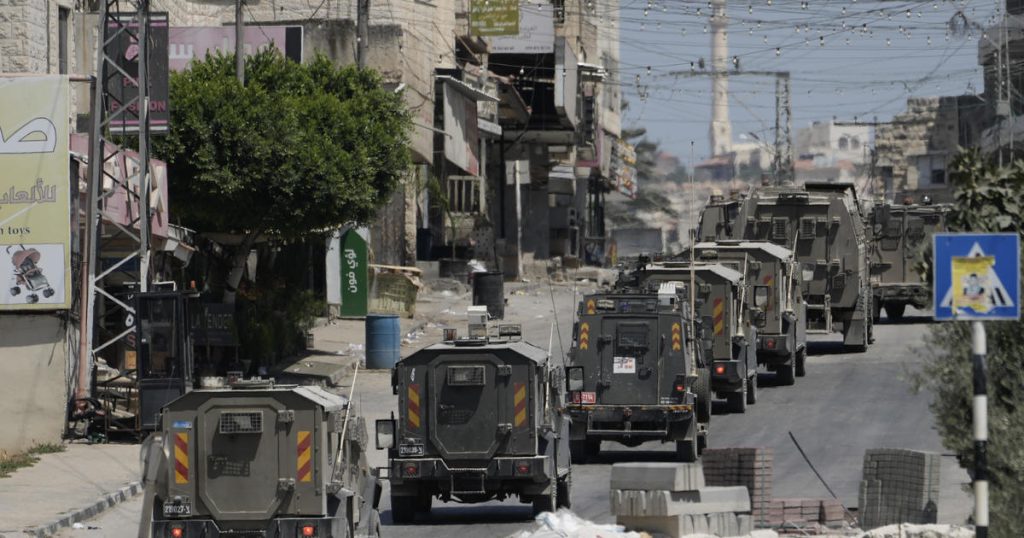In response to potential Iranian and Hezbollah military retaliation against Israel, President Biden dispatched top Mideast advisers, including CIA Director Bill Burns, to the region to prevent a regional war that could involve U.S. forces. Both Iran and Hezbollah have vowed to retaliate for recent killings of top Hamas and Hezbollah commanders, although they have not specified when or how. The U.S. is concerned about the potential for attacks by Iran and Hezbollah, as both groups have significant military capabilities and have previously launched assaults against Israel. The U.S. is engaged in diplomatic efforts to limit the escalation of the conflict and prevent a wider regional war.
Multiple sources indicate that Iran is debating whether to use military force or conduct a covert intelligence operation in response to recent events, including the killings of key figures. Hezbollah’s leader, Hassan Nasrallah, is reported to be reluctant to act without Iran’s consent but also wants to avoid a large-scale conflict with Israel. The U.S. is working to prevent further escalation by engaging in indirect outreach to Tehran and Hezbollah through other governments and politicians in Beirut. Hezbollah’s arsenal of missiles poses a significant threat to Israel, and the U.S. is concerned about the potential for an escalation in conflict that could result in civilian casualties.
In an effort to prevent further escalation, the Biden administration is focusing on negotiating a hostage release and cease-fire agreement in Gaza, which could help avoid a wider conflict in Lebanon. U.S. officials, including NSC Director Brett McGurk and CIA Director Bill Burns, are leading talks with Israeli and regional leaders to reach an agreement that addresses the humanitarian situation in Gaza and halts fighting in Lebanon. The U.S. is also prepared to defend Israel with the aid of allies if diplomatic efforts fail and Iran launches further attacks.
In addition to diplomatic efforts, the U.S. is coordinating with allies, including the U.K. and France, to monitor the situation and support de-escalation in the region. The U.K. and France are prepared to provide military support to Israel if necessary, but their primary focus is on diplomatic efforts to prevent further violence. French Foreign Minister Stephane Sejourne is engaging with Lebanese leaders to support ongoing diplomatic efforts aimed at de-escalation. The U.S. is working closely with allies to assess potential scenarios and coordinate responses to any escalation in the conflict.
The timing of the diplomatic efforts in Doha, just before the start of the Democratic National Convention, highlights the priority that the Biden administration is placing on ending the conflict and retrieving hostages held by Hamas in Gaza. The conflict has had political implications, particularly among progressive, Black, Arab, and Muslim American voters who are concerned about the humanitarian toll of the violence. The U.S. is working to address the crisis and ensure the safe return of all hostages, including American citizens who are still unaccounted for. The administration is committed to resolving the conflict through diplomacy and de-escalation efforts with the support of allies.


